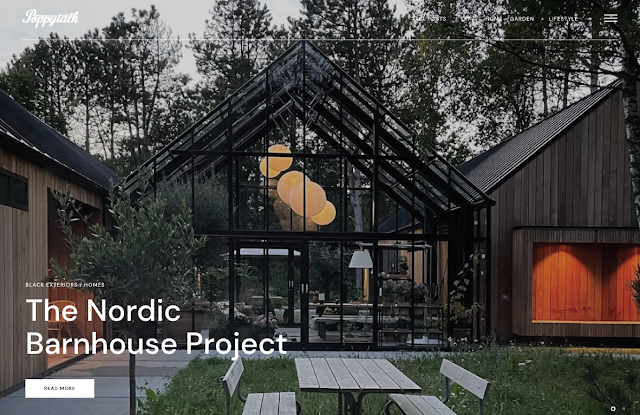Guest Contributor Post by Heather Smith Jones of Blue Sparrow Press.
Hello and welcome to another installment of Sharing the Process!
Today we hear from Heather Hingst Bennett of Modern Quilt. I asked her
to talk about her background and how she got started sewing. And she
will walk us through her process of making hand-dyed and pieced art
quilts. So beautiful. Thank you Heather!
. . . . . . .
My name is Heather Hingst Bennett and I am a quilt artist/designer from Lincoln, Nebraska.
In 2004 I saw the work of Melissa Sarris
in the September/October edition of Inspired House magazine. She
created these great quilts and pillows out of her own hand dyed fabric.
They were like nothing I had ever seen! I had been wanting to find a
creative outlet and I knew that would be a great match for me.
I had been sewing since I was 3 years old. I loved watching my mother sew and was fascinated by her sewing machine, so for Christmas that year I got my own. It was an orange and white Singer. At 3 I certainly didn't have the ability to really get too technical, and I didn't really have the patience to learn, but I did enjoy sewing lines at random and fitting miscellaneous pieces of fabric together...kind-of like my art quilts today.
I
started dabbling in art quilts while I worked as a graphic/web
designer. Which was actually great training for my art quilts. Many of
the elements of design and rules for graphic design can be applied to
quilt design.
My process begins in late spring/early summer. I start looking through my hand-dyed fabrics and see what I need to replenish and what I want to add to my stash of colors...my palette. This happens when the weather starts to warm up mainly because I don't have a dye studio in my home and work on my front porch. I work with Procion fiber reactive dyes and they work best when it's at least 70 degrees out. The hotter the better. I really like to “bake” the color into the fabric.
I
start with the basic primary colors and mix my secondaries. Then I
start combining the primaries with their complementary color and make a
more muted version. I add more water to create a lighter color and less
water to create a more intense/darker color. I love seeing what colors I
come up with. The great thing is, if I'm not happy with an outcome I
can always over dye the piece, which can add a lot of interesting depth.
Then I work out my quilt design on my design wall. I arrange, rearrange, cut, and sew pieces together adding and subtracting until it just seems right to me.
When
the quilt is finally all pieced I make a “quilt sandwich” (pieced quilt
top, batting, and backing fabric) and start adding the top stitching.
Sometimes I bind the edges like a traditional quilt and sometimes just
leave them unfinished.
In the past, my quilt designs have just been about color and coming up with innovative ways to recreate traditional quilt blocks. The current group of quilts I'm working on are inspired by homes, barns, outbuildings and house plans. Not literally, but shapes, textures, colors, and lines.
I am also inspired by the work of Josef Albers, Mark Rothko, and Nancy Crow.
Thank you for giving me the opportunity to share with you a little about my background and how I make my art quilts.
Blog: http://heatherbennett.wordpress.com
Etsy: http://modernquilt.etsy.com
Email: hbquilts@gmail.com
. . . . . . .
Heather
Smith Jones M.F.A., is a multi-media artist, arts instructor, and
author. She lives with her husband in Lawrence, Kansas and loves
painting, printing, and drawing in the studio that he built. Find out
more about what Heather does here:
Website : http://www.heathersmithjones.com
Blue Sparrow Press : http://www.bluesparrowpress.com
Poppytalk Handmade : http://www.poppytalkhandmade.com/table84
Website : http://www.heathersmithjones.com
Blue Sparrow Press : http://www.bluesparrowpress.com
Poppytalk Handmade : http://www.poppytalkhandmade.com/table84














3 comments:
Very inspiring! Thank you for these incredible articles Heather + Jan. Cheers!
looks beautiful
Post a Comment